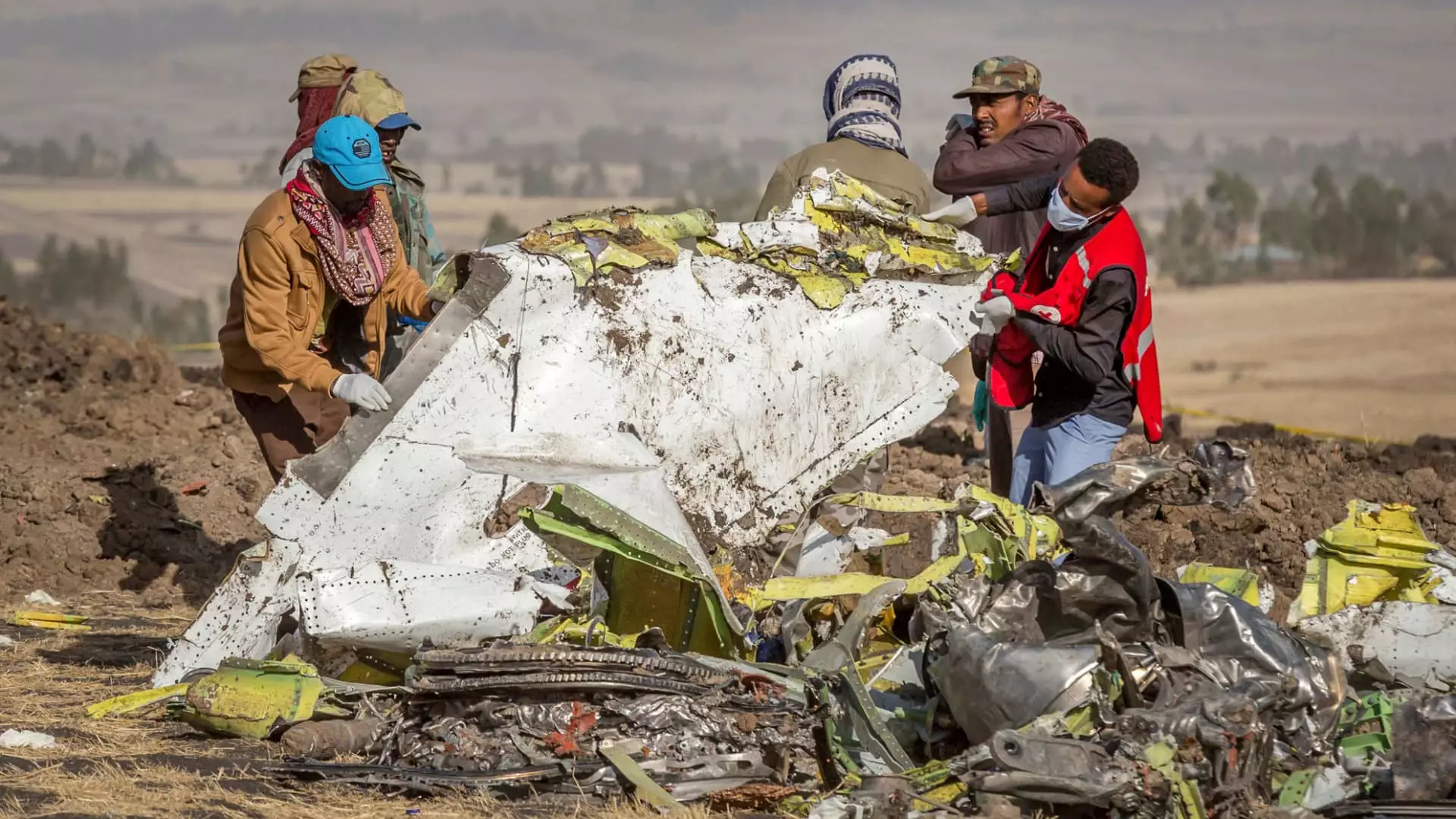Boeing has recently made headlines by agreeing to plead guilty to criminal fraud related to the tragic 737 Max crashes. This decision, while making the U.S. aerospace giant a felon, also allows it to avoid a trial as it tries to move past the safety and manufacturing crises it has faced. The agreement stipulates that Boeing would be subject to a fine of up to $487.2 million. However, the Justice Department proposed that the court only require Boeing to pay half of that amount, resulting in a fine of $243.6 million. This plea deal is pending approval from a federal judge before it becomes official.
If the plea deal is accepted, it could potentially complicate Boeing’s ability to sell products to the U.S. government as a felon. Nevertheless, the company could seek waivers to mitigate these restrictions. Approximately 32% of Boeing’s revenue in the previous year came from its defense, space, and security unit. As part of the agreement, an independent compliance monitor will be appointed to oversee Boeing’s adherence to regulations for a period of three years during a probationary period. Additionally, Boeing must allocate a minimum of $455 million towards compliance and safety programs, based on a court filing. Furthermore, Boeing has agreed that its board of directors will meet with the family members of the victims affected by the crashes.
The Justice Department officially unveiled the plea deal late on a Sunday, several months after accusing the aerospace giant of violating a 2021 settlement that shielded Boeing from prosecution for a duration of three years. This offer put Boeing in a position where it had to choose between accepting a guilty plea and the associated terms or opting to go to trial. This decision came at a crucial time for Boeing, as the company was in the midst of trying to navigate its manufacturing and safety challenges, appoint a new CEO, and finalize the acquisition of Spirit AeroSystems, its fuselage maker. In response to the court filing, Boeing released a statement confirming that they had reached an agreement in principle with the Justice Department, pending the finalization and approval of specific terms.
Violation of the Previous Settlement
In May of a certain year, the Justice Department accused Boeing of violating the terms of the 2021 settlement. Under this deferred prosecution agreement, Boeing had previously agreed to a total payment of $2.5 billion, which included a $243.6 million criminal fine, compensation to airlines, and the establishment of a $500 million fund for the families of victims of the crashes. The 2021 settlement was set to expire just two days after an incident involving a door panel detaching from a nearly new 737 Max 9 aircraft operated by Alaska Airlines on Jan. 5. Although there were no serious injuries, the episode sparked a new safety concern for Boeing. A preliminary report from the National Transportation Safety Board revealed that crucial bolts holding the door panel in place were not properly secured.
The Allegations Against Boeing
The U.S. government accused Boeing of engaging in a conspiracy to defraud federal regulators by providing misleading information regarding the flight-control system installed on the Max aircraft. This system was later identified as a contributing factor in two fatal crashes: a Lion Air flight in October 2018 and an Ethiopian Airlines flight in March 2019. Tragically, both incidents resulted in the loss of all 346 individuals onboard. The plea deal signifies a significant legal development for Boeing, one that raises questions about its future operations and reputation in the aerospace industry.

